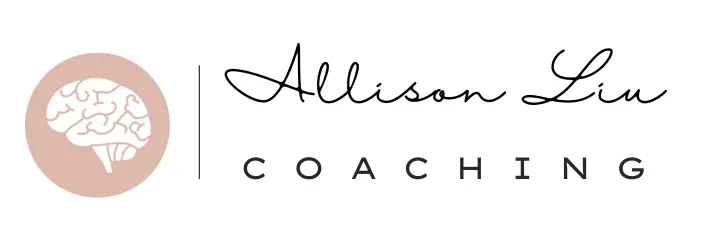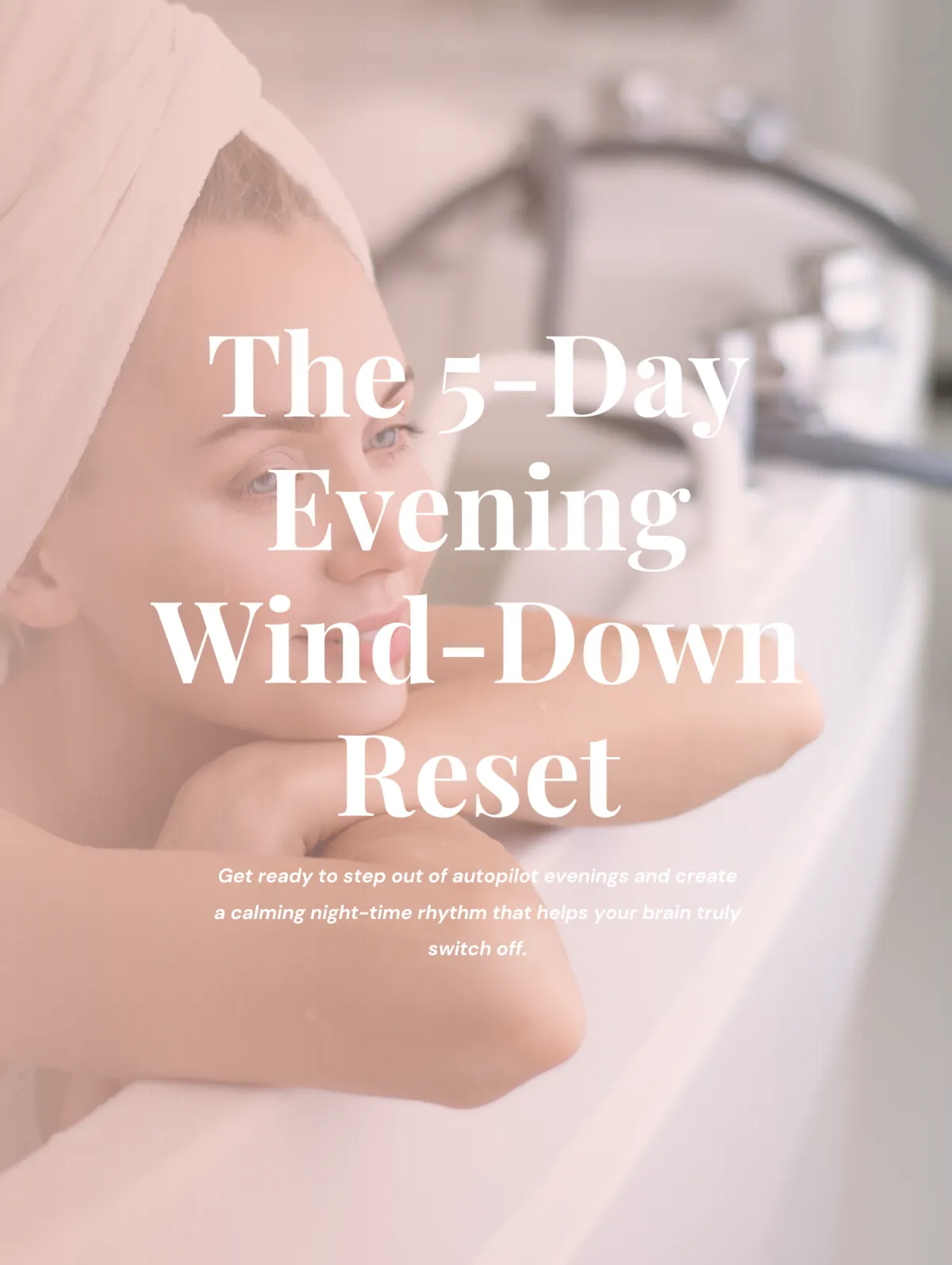
Why Sleep Apnoea Matters for Your Brain Health - And What You Can Do About It
"Sleep plays a major role in preparing the body and brain for an alert, productive, psychologically and physiologically healthy tomorrow" - James Maas PhD author of Power Sleep
We all know how vital a good night’s sleep is for our energy, mood, and focus. But what if, despite your best efforts to sleep well, your brain isn’t getting the rest it needs?
If you regularly wake up feeling tired, foggy, or irritable - even after what seems like a full night’s sleep - it might not just be “getting older” or “life stress.” One often-overlooked cause is sleep apnoea (also spelled “apnea”), a common but underdiagnosed condition that can quietly impact your brain health over time.
What is Sleep Apnoea?
Sleep apnoea is a sleep disorder where your breathing repeatedly stops and starts during the night. These pauses in breathing (called apnoeas) can last from a few seconds to over a minute, and they can happen dozens - or even hundreds - of times each night.
The most common type is obstructive sleep apnoea (OSA), which occurs when the muscles in your throat relax too much and block your airway. Each time your brain detects that you’ve stopped breathing, it jolts you awake just enough to reopen the airway - often without you realising it. This constant disruption fragments your sleep and prevents you from reaching the deep, restorative stages of sleep that your brain needs to function well.
Why Untreated Sleep Apnoea Can Harm Your Brain
Your brain depends on quality sleep and steady oxygen levels to repair itself, store memories, and clear away waste. But if you have sleep apnoea your oxygen levels drop repeatedly, which can damage blood vessels and reduce blood flow to the brain. You can also miss out on deep and REM sleep, which are essential for memory, learning, and emotional regulation.
Over time, untreated sleep apnoea has been linked to memory problems, brain fog, difficulty concentrating, mood changes, and even an increased risk of dementia and Alzheimer’s disease. That’s why it’s essential to get diagnosed and treated - and the earlier the better.
Ultimately, sleep apnoea is treatable, and getting a proper diagnosis and support can make a remarkable difference in how you feel and think each day.
Common Signs and Symptoms to Look Out For
You don’t need to snore loudly to have sleep apnoea. In fact, many people are surprised to learn they have it. Here are some signs to pay attention to:
Waking up tired, even after 7–8 hours of sleep
Morning headaches or dry mouth
Feeling groggy, forgetful, or foggy during the day
Trouble focusing or staying alert
Mood swings or irritability
Waking up gasping or choking
Your partner notices loud snoring or pauses in your breathing
What to Do if You Suspect Sleep Apnoea
If any of the above sounds familiar, don’t panic. Sleep apnoea is common, and taking action now can protect your brain and improve your quality of life. Here’s what you can do:
Track your symptoms
Keep a sleep journal for a week or two. Note how you feel in the morning, energy levels during the day, and any nighttime disturbances.
Talk to your GP or healthcare provider
Share your symptoms and ask about a referral for a sleep study. This can often be done at home with a simple device that monitors your breathing and oxygen levels.
Get properly diagnosed
A sleep study will confirm whether you have sleep apnoea, how severe it is, and what kind of treatment is right for you.
Explore your treatment options
For many people, treatment can be as simple as using a CPAP machine (which keeps your airway open), improving sleep posture, or making lifestyle changes like reducing alcohol, quitting smoking, or managing weight.
Make brain-supportive sleep a priority
Even small changes, like keeping a consistent bedtime, avoiding screen time late at night, or sleeping on your side, can support better breathing and deeper rest.
The Bottom Line
Sleep apnoea doesn’t just affect your sleep - it affects your brain’s ability to heal, think clearly, and stay sharp as you age. But with the right awareness and support, you can take charge of your sleep health and protect your cognitive vitality for years to come.
If you’ve been struggling with brain fog, memory lapses, or poor sleep, don’t write it off. It could be a sign your brain is asking for help - and that help is within reach.






